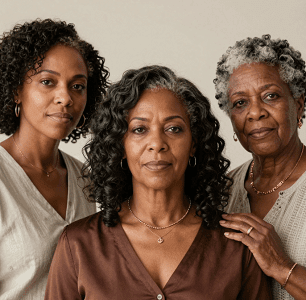A new study from Yale Cancer Center has uncovered significant racial disparities in the effectiveness of immunotherapy treatments for breast cancer. The research, published in Nature Medicine, reveals that Black patients with triple-negative breast cancer (TNBC) show a markedly different immune response compared to white patients, potentially explaining the lower efficacy of immunotherapy in this group.
The study analyzed tumor samples from 132 patients with TNBC, comparing the immune landscapes of tumors from Black and white individuals. Researchers found that tumors from Black patients had fewer tumor-infiltrating lymphocytes (TILs) and a less diverse T cell population. These factors are crucial for the success of immunotherapy treatments.
The research team discovered that tumors from Black patients had higher expression of the CRYBB2 gene, which is associated with worse outcomes in TNBC. This finding provides a potential explanation for the observed differences in treatment response between racial groups.
This disparity in immune response extends beyond genetics. The study also found that socioeconomic factors play a role, with patients from areas with lower education levels showing similar immune profiles to Black patients, regardless of race.
These findings have significant implications for cancer treatment and health equity. They underscore the need for more diverse representation in clinical trials and personalized approaches to cancer therapy. The researchers suggest that developing treatments targeting the CRYBB2 gene could potentially improve outcomes for Black patients with TNBC.
As the medical community continues to grapple with racial disparities in healthcare, studies like this provide crucial insights into the biological and social factors contributing to these inequalities. The ultimate goal is to ensure that all patients, regardless of race or socioeconomic status, have access to effective cancer treatments.
See: “Uncovering inequalities in breast cancer immunotherapy” (February 19, 2025)



